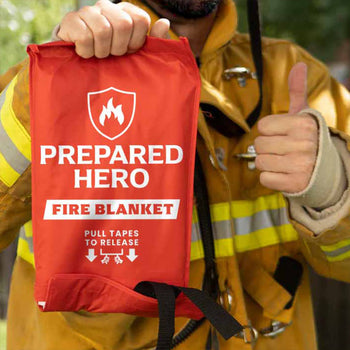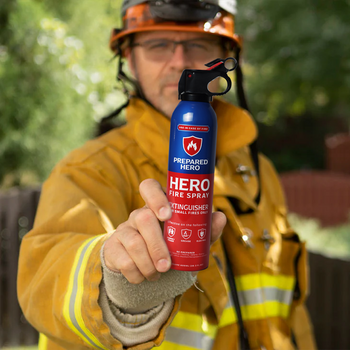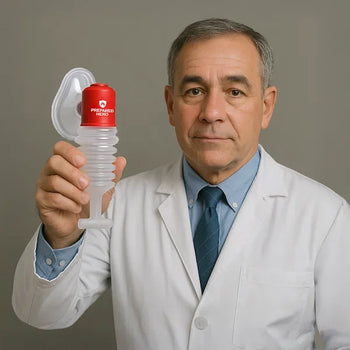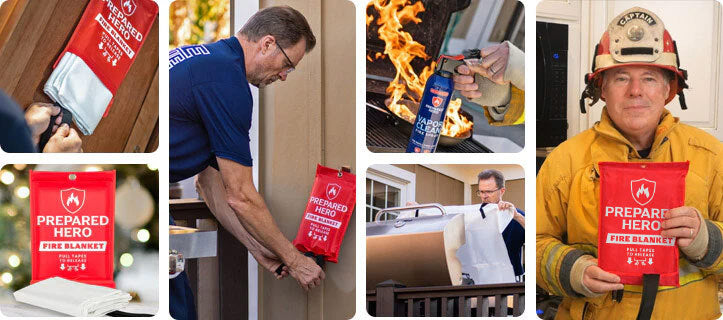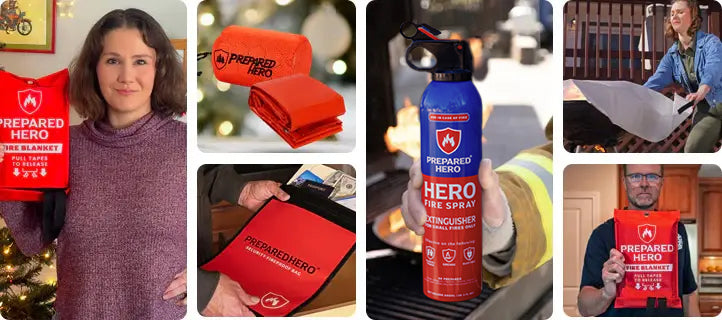Where you put your smoke detectors matters just as much as installing them. Proper placement makes sure they can detect...
Festive celebrations, colorful lights, and Christmas trees are hallmarks of the holiday season, but they also pose fire risks. In fact, US fire departments recorded an average of 950 holiday-related fires per year.
So how do you keep the holiday season fire-free? In this post, we'll talk about fire safety during holidays and celebrations.
Christmas Tree Safety

Here are some Christmas tree safety tips:
Choose a healthy tree.
Use a healthy, fresh tree with green needles if possible. Remember, dry and flammable trees have needles that fall off when touched. As an alternative, use an artificial, fire-resistant tree.
Put your tree in the right location.
Place your Christmas tree at least three feet away from heat sources like fireplaces, heaters, candles, and lights. Be sure your tree doesn't block any exit as well.
Water your tree daily.
Christmas trees that aren't watered daily are way more flammable than well-hydrated ones.
Christmas Decoration Safety

Here are some Christmas decoration safety tips:
Inspect decorations before use.
Check your decorations for any damage or frayed wires before plugging them in. Throw away damaged decorations because they're electrical hazards.
Choose the right lights.
Use lights that have been tested and certified by a laboratory. Pick LED lights, which are more energy-efficient and less likely to overheat.
Don't overload sockets.
Never plug too many decorations in a single outlet. Remember, overloaded outlets can overheat and cause fires.
Candle Safety

Here are some candle safety tips:
Put candles away from flammable materials.
Keep lit candles at least three feet away from anything that burns. Make sure they are in stable holders and put them where they can't be knocked down easily. As an alternative, use LED candles.
Place candles on a non-flammable surface.
Put lit candles on a non-flammable surface that catches the melting candle wax, like a tray lined with aluminum foil.
Cooking Safety

Here are some cooking safety tips:
Keep your kitchen clean.
Grease fires are the most common cause of kitchen fires. So, clean up spills, crumbs, and grease immediately to avoid fire. Plus, keep your cooking area free of clutter to minimize fire risk.
Don't leave cooking unattended.
Never leave cooking or baking food unattended. Use a timer to remind you when to check on your dish.
Fireplace and Fire Pit Safety

Here are some fireplace safety tips:
Keep flammable materials away from your fireplace.
Place flammable materials― from wrapping paper to decorations and curtains― at least three feet away from your fireplace or fire pit.
Use a fire screen.
Place a fire screen on your fire pit or fireplace to keep embers and logs from escaping. Make sure to fully extinguish the flame before turning in for the night.
Firecracker and Firework Safety

Here are some firecracker and firework safety tips:
Choose the right location.
Pick a location away from buildings and trees if you want to light firecrackers or fireworks at home. Plus, make sure your spectators, especially children and pets, stay far back.
Bring a fire spray or fire extinguisher.
Keep a fire spray or fire extinguisher nearby to quickly and effectively respond to potential fires.
Conclusion
Take holiday fire safety to the next level by completing a fire kit with a fire spray, fire blanket, smoke mask, and fire protection gloves. Don't wait until it's too late— keep your holidays safe by getting fire prevention tools from Prepared Hero now!


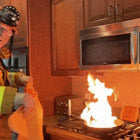 Fire
Fire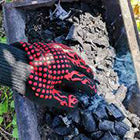 Safety
Safety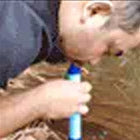 Survival
Survival Protection
Protection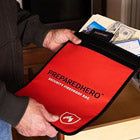 New
New
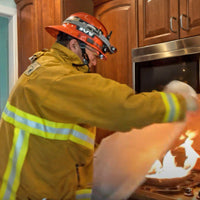 Fire
Fire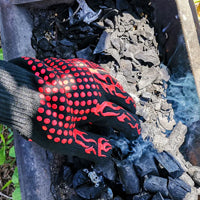 Safety
Safety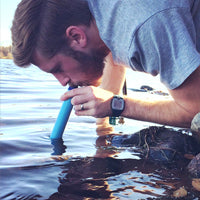 Survival
Survival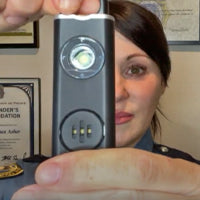 Protection
Protection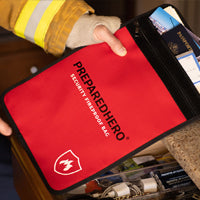 New
New
